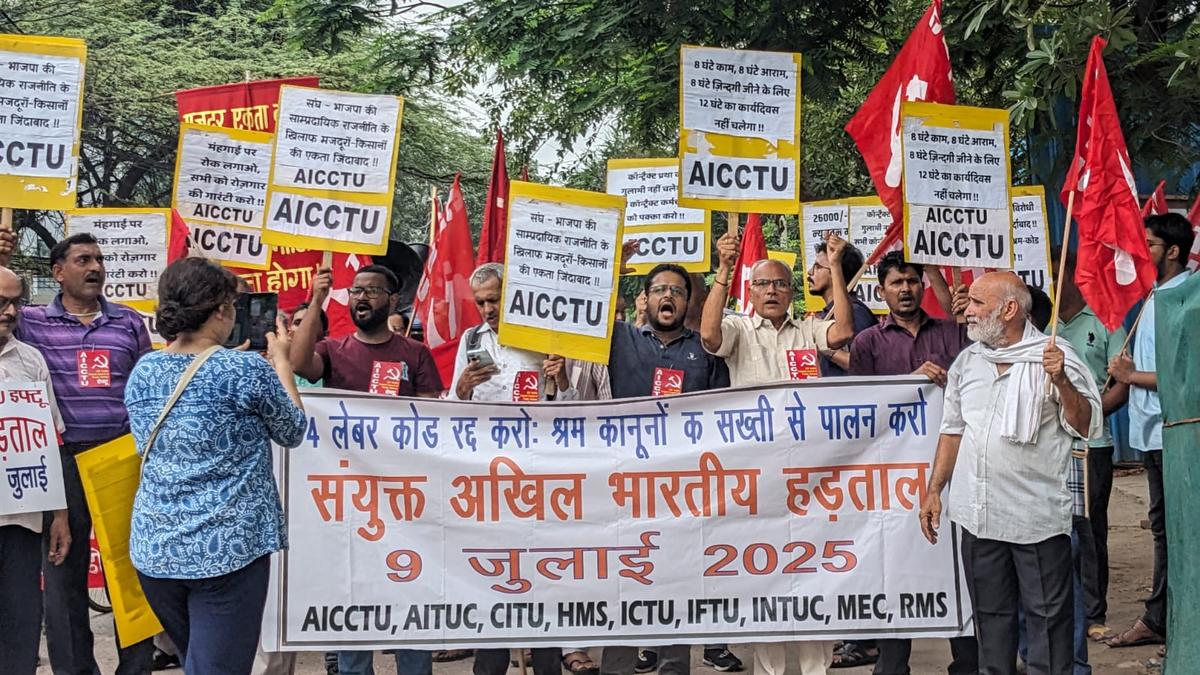Now Reading: CPI(M) Seeks Refund of ₹2,787 Crore in Excess Power Charges in Andhra Pradesh
-
01
CPI(M) Seeks Refund of ₹2,787 Crore in Excess Power Charges in Andhra Pradesh
CPI(M) Seeks Refund of ₹2,787 Crore in Excess Power Charges in Andhra Pradesh
Quick Summary
- CPI(M) leader V. Srinivasa Rao wrote too Andhra Pradesh Energy Minister gottipati Ravi kumar, demanding clarification on Fuel and Power Purchase Cost Adjustment (FPPCA) charges and a refund of ₹2,787.19 crore collected from consumers under this category during the 2024-25 financial year.
- DISCOMs have been adding ₹0.40 per unit as FPPCA charges every month, which has led to excess collections publicly referenced via data on the APERC website.
- The DISCOMs are also seeking permission from APERC for an additional recovery of ₹842.68 crore as true-up charges despite prior excess collections.
- CPI(M) leaders criticized press releases by DISCOMs claiming no power tariff hikes, calling them misleading and deceptive statements.
- Ch. Babu Rao (CPI(M)) alleged manipulation of electricity tariffs during an APERC public hearing while highlighting losses exceeding ₹30,000 crore in the power sector due to administrative failures and corruption.
- Calls were made for a judicial inquiry into power sector scandals and criticism levied against perceived regulatory inaction.
Read more: Source
Indian Opinion Analysis
The allegations regarding inflated FPPCA collection highlight concerns over transparency in energy billing practices in Andhra Pradesh’s power sector-a crucial area impacting everyday citizens financially. CPI(M)’s demand for clarity from government agencies underscores tensions between consumer protection efforts and operational revenue needs of DISCOM utilities like SPDCL and CPDCL.
If accurate, claims about staggering losses exceeding ₹30,000 crore tied to broader administrative failings demand deeper scrutiny since system inefficiencies can affect long-term stability within energy infrastructure statewide-possibly passing burdens onto consumers through higher costs or adjustments like those disputed hear.
Importantly, calls for greater accountability-including demands for judicial investigations-reflect growing pressure towards bringing transparency into such proceedings while maintaining citizens’ trust in regulatory mechanisms designed to oversee key utilities objectively without undue influence or partisan alignment critical safeguards future























